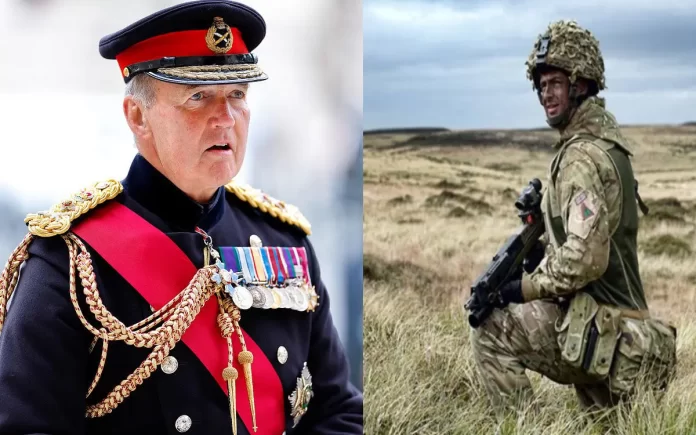London: Lord Houghton of Richmond, former chief of the defence staff from 2013 to 2016, has characterized Britain’s military as ’boutique’ and lacking depth, echoing concerns raised by the Daily Mail’s campaign for greater defence investment.
In his critique, Lord Houghton lamented the gradual erosion of the military’s capabilities over the past two decades, attributing it to a disproportionate focus on high-profile expenditures such as aircraft carriers and the nuclear deterrent. He emphasized the need for a renewed emphasis on enhancing ‘war-fighting resilience’.
Recent discussions within Nato have highlighted the urgency of bolstering military support for Ukraine, with a proposed five-year aid package amounting to £79.5 billion. Nato Secretary-General Jens Stoltenberg has advocated for this initiative, aiming to insulate it from fluctuations in political leadership.
Also Read: India’s Crude Oil Imports Surge as Russia Maintains Position as Top Supplier
Lord Houghton stressed the necessity of prioritizing investments in munitions stockpiling, training, and reserve forces to ensure Britain’s readiness to engage in sustained conflicts. A recent report from the Commons defence committee echoed these sentiments, warning of the inadequacy of current preparations for such scenarios.
In an interview with the Daily Mail, Lord Houghton expressed bewilderment at the government’s reluctance to allocate additional funds to defence despite escalating global threats. He criticized attempts to prioritize tax cuts over essential defence spending, deeming them transparent attempts to mitigate electoral challenges.
Lord Houghton’s concerns were underscored by an open letter, “The Defence Pledge”, signed by four former military chiefs and numerous parliamentarians. The letter, published in the Daily Mail, urged both the Conservative and Labour parties to commit to allocating a minimum of 2.5 per cent of GDP to defence in their election manifestos, escalating to 3 per cent by 2030.
Despite annual defence spending hovering around 2.3 per cent of GDP, it has not surpassed 2.5 per cent since 2010. Notably, the resources allocated to recent National Insurance cuts could have been redirected to boost defence spending to the targeted 3 per cent threshold.



